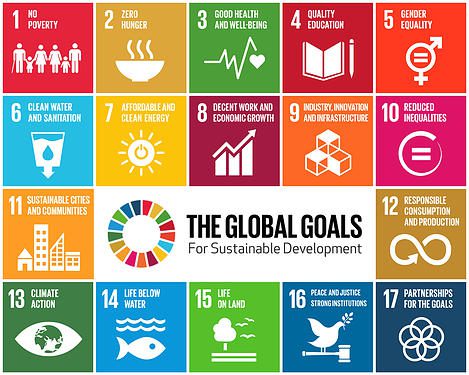Navigating the Future
In the ever-evolving landscape of education, the year 2024 is poised to transformative changes and set new benchmarks for the educational sector.
As we step into this new era, it is crucial to examine the goals that will shape the future of education and guide us towards creating a more dynamic and inclusive learning environment.
Technological Integration in Education
One of the key education goals for 2024 is the seamless integration of technology into the learning process.
As we witness rapid advancements in artificial intelligence, virtual reality, and other digital tools, educators aim to harness these technologies to enhance the overall educational experience.
By incorporating cutting-edge tech solutions, schools and institutions aspire to provide students with a more interactive and engaging learning environment.
In recent years, there has been a growing recognition of the need for students to acquire digital literacy skills.
The 2024 education goals emphasize the integration of coding and programming courses into the curriculum, ensuring that students are well-equipped to navigate the digital landscape.
This shift towards a tech-savvy educational model not only prepares students for the demands but for future job market but also fosters innovation and creativity in the learning process.
Personalized Learning Pathways
The year 2024 heralds a departure from traditional, one-size-fits-all educational approaches.
The focus is shifting towards personalized learning pathways that cater to individual student needs and learning styles.
By leveraging data analytics and artificial intelligence, educators aim to tailor curriculum and instructional methods to suit the unique strengths and challenges of each student.
Personalized learning empowers students to progress at their own pace, fostering a deeper understanding of the subjects.
The goal is to create an education system that recognizes and nurtures the diverse talents and interests of students, promoting a more holistic and student-centric approach.
Global Perspectives and Cultural Competence
With the world becoming increasingly interconnected, the 2024 education goals emphasize the importance of global perspectives and cultural competence.
Educators are striving to create a curriculum that goes beyond national boundaries,
Exposing students to a diverse range of cultures, histories, and worldviews.
Integrating global perspectives into the education system helps students develop a broader understanding of the world.
Prepares the students to navigate an interconnected global society.
Cross-cultural competency is recognized as a crucial skill for the future workforce and global education in 2024 is geared towards cultivating this ability in students.
Sustainable Education Practices
As the world grapples with environmental challenges, sustainability has become a key focus in education goals for 2024.
Schools and educational institutions are adopting eco-friendly practices, both in terms of infrastructure and curriculum.
The goal is to instill in students a sense of environmental responsibility and awareness.
From incorporating environmental studies into the curriculum to implementing energy-efficient practices in school buildings, the education sector aims to lead by example in fostering a sustainable mindset.
The 2024 education goals envision graduates who are not only academically proficient but also environmentally conscious and equipped to address the pressing challenges of climate change.
Emphasis on Soft Skills
Beyond academic achievements, the 2024 education goals recognize the importance of cultivating soft skills in students.
Skills such as critical thinking, communication, collaboration, and adaptability are increasingly valued in the modern workplace.
Educational institutions are adjusting their approaches to emphasize the development of these skills alongside traditional academic subjects.
The goal is to produce well-rounded individuals who can navigate the complexities of the professional world with ease.
By integrating soft skills into the curriculum and extracurricular activities, educators hope to equip students with the interpersonal and problem-solving abilities necessary for success in diverse fields.
Inclusive Education Practices
In the pursuit of 2024 education goals, inclusivity takes center stage.
The aim is to create an educational environment that welcomes students of all backgrounds, abilities, and learning styles.
Inclusive education practices go beyond accommodating students with disabilities; they encompass creating a culture of respect, understanding, and appreciation for diversity.
Educators are working towards implementing inclusive teaching methods and resources that cater to a wide range of students.
This includes providing support for English language learners, acknowledging different learning styles, and fostering an atmosphere where every student feels seen and valued.
Inclusive education is not just a goal for 2024; it is a fundamental principle that underpins the entire educational system.





